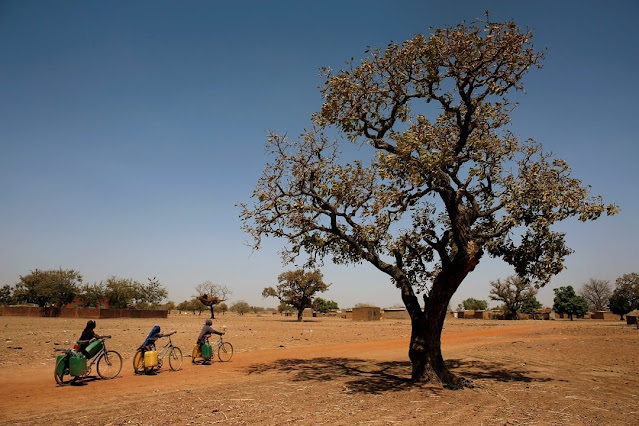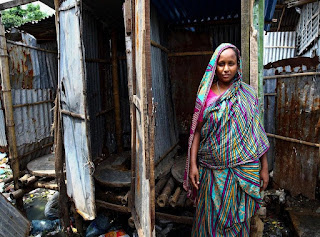Concluding thoughts
As established from the beginning of my blog, there is an abundance of water in Africa. The problem is the distribution, affordability and infrastructure to supply water in an equitable manner. As the blogs have unfolded, I hope I have stressed the layers of hardship African women face as a result of the fundamental issues regarding water accessibility. Girls' education is compromised from a young age - from water collection responsibilities to period poverty - it affects girls' and their intellectual growth. This also transcends into both the relative and absolute poverty women experience later on in life and their lack of involvement in decision-making. Furthermore, the multitude of dimensions of gender-based violence linked to water and sanitation in Africa is startling. There is a lot of progress that needs to be made in order to alleviate women of the poverty that comes with water stress. Throughout my blogs, I have placed an emphasis on the importance of education. Educa




